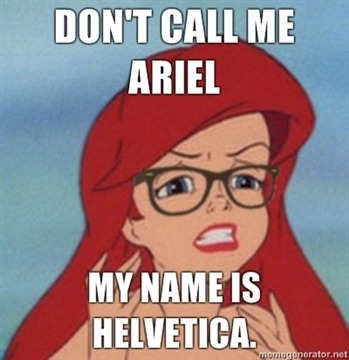 |
| Yes, I found myself humming The Beatles' "Hello" shortly after picking up this sample. |
 |
| Sorry, Harvey Prince, but you're no Jerry Maguire. |
- Meyer Lemon, Mandarin, Grapefruit -- because Citrus is nature's way of saying "Good Morning."
Love it. "Good morning!"
- Forsythia -- because they are an early spring floral, a welcome sign of new beginnings and possibilities.
Love it. I suddenly feel hopeful.
- Plumeria -- because the flowers are traditionally used in Hawaiian leis, given to greet friends old and new.
Love it. I was an anthropology major; an appeal to cultural traditions is a slam dunk with me. Celebrating old and new friends -- how very Auld Lang Syne and appropriate for the New Year!
 |
| My camera was so excited, it found it difficult to focus. |
So I tried it out. The scent is actually quite lovely. I am generally hard to please when it comes to perfumes, because I think most "floral" notes just smell like chemicals, but the citrus is bright and fragrant enough to make me smile.
I skimmed the rest of the text on the sample card, thinking I might have to check out how expensive a full-size bottle is, when the following phrase stopped me short.
"We started Harvey Prince in dedication to our mother, and we craft exceptional fragrances that empower women to feel young, happy, slim, and beautiful."
Sorry, what? This perfume is supposed to empower me to feel slim? Maybe I'm in the minority here, but I have never once, not in all my nearly thirty years, smelled something that influenced my perception of my body size. If such a thing existed, I'm pretty sure it would be marketed by Jenny Craig, not Harvey Prince. So all I can conclude is that Harvey Prince thinks slimness is of a piece with youth, happiness, and beauty, and frankly, there's no empowerment in that for me. Anyone can feel young, or happy, or beautiful -- but they don't want to risk marketing to fatties! If you can't feel slim, begone!
I personally don't need to "feel slim" (which raises a quasi-ontological question about the nature of slimness: can one feel slim if one does not look slim?) to feel happy and beautiful. Nitpickers may argue that beauty isn't really a feeling either, but because beauty can be defined in so many ways, I do believe one can feel beautiful even if one doesn't meet the traditional cultural standard for looking beautiful.
In any case, I'm irritated with Harvey Prince for telling me that I need to feel slim, and trying to sell me a perfume that will help me.
You may have had me at Hello, Harvey Prince, but you lost me at your limited understanding of empowerment.

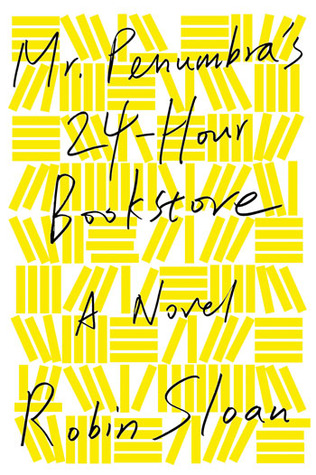


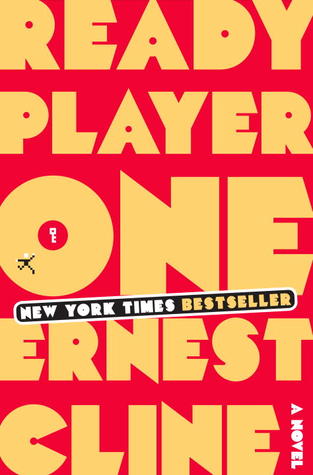
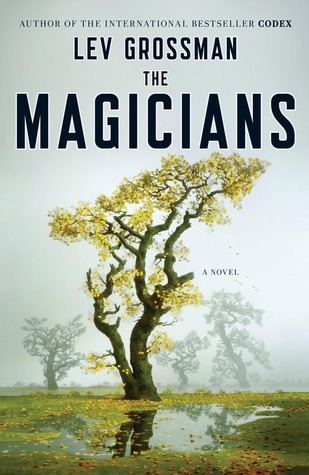

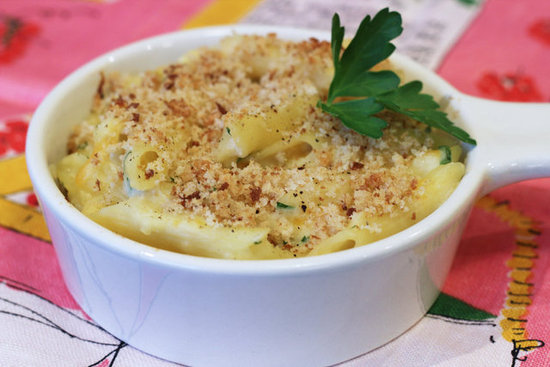












 . . .
. . . 




